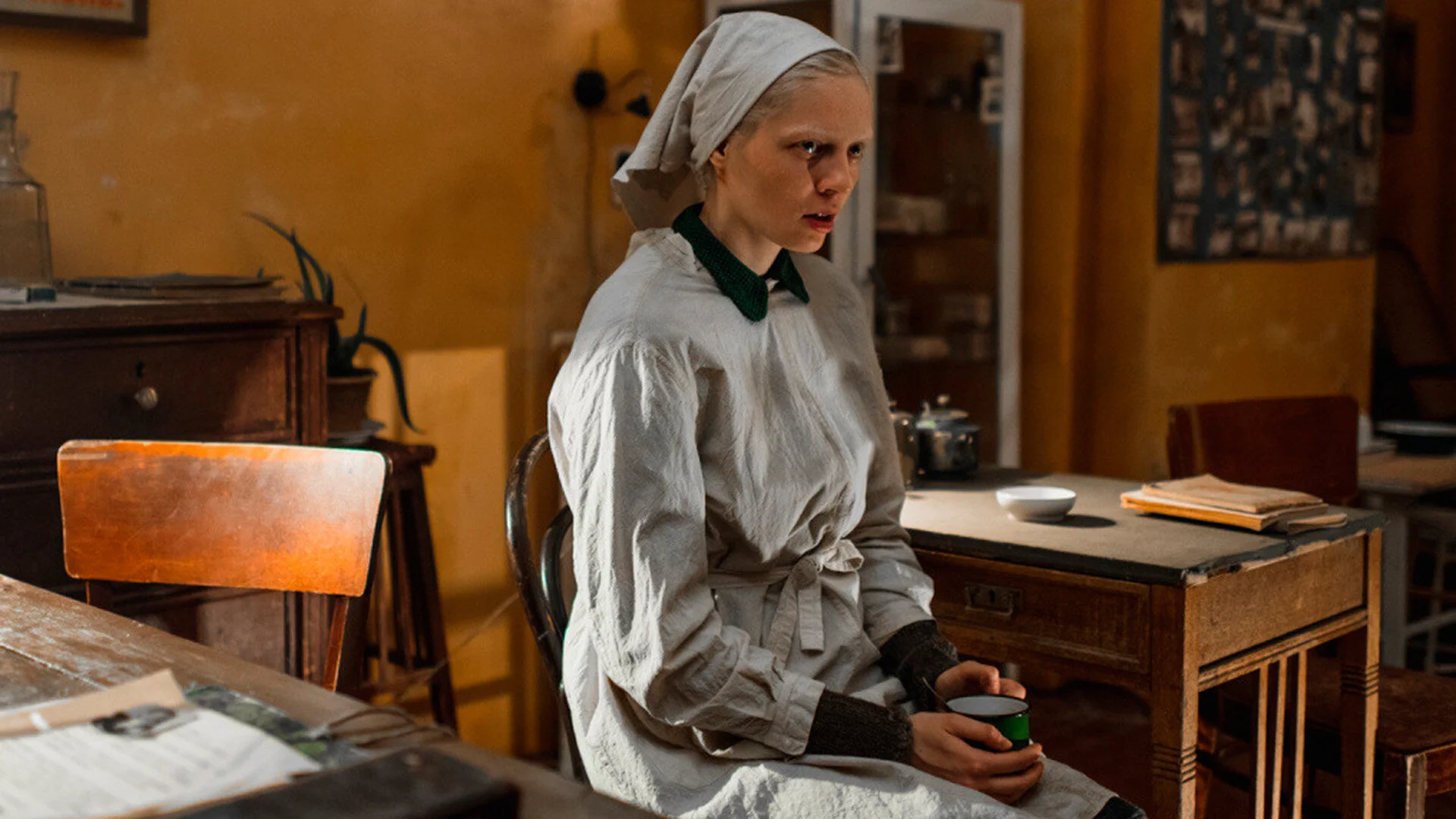Ordinary Love
Tell someone that the new Liam Neeson and Lesley Manville movie Ordinary Love is about a woman struggling with breast cancer and they might dismiss it as just another medical procedural weepie. That would be wrong.
Ordinary Love is a touching portrait of a long-married couple, and the medical crisis faced by Joan (Manville) is just the prism through which her relationship with Tom (Neeson) is explored. Directors Lisa Barros D'Sa and Glenn Leyburn (Good Vibrations), working with a naturalistic screenplay by Owen McCafferty, keep the filmmaking clear and elegant and keep the focus on the performances.
It’s great to see Neeson in a dramatic role that doesn’t involve fisticuffs and elaborate revenge scenarios, and be reminded that at heart he’s a deeply humanistic performer — which is why even his mediocre action flicks are more watchable than, say, the latest Jason Statham movie. And Manville, so icy and formidable in Phantom Thread, is here both vulnerable and just slightly reserved, an ideal balance for Joan’s journey. Together, these two skilled performers generate a chemistry that creates a rich and rewarding — and oh so familiar — depiction of a marriage, complete with silent, intimate connections and blow-out battles.
The focus on Tom and Joan is both productive and limiting, since neither seems to have a significant career, close relatives or any cherished friends. There’s neither the rallying of a support network nor the hollow platitudes of co-workers one might expect, and the isolation turns Ordinary Love into more of a chamber play than a full drama. A narrative explanation for their solitude, in a past tragedy, refines their characters but doesn’t excuse the dramatic quarantine.
There are some beautiful images and camera moves, and superb performances both from the leads and from the secondary couple eventually introduced (David Wilmot and Amit Shah are quite good as same-sex partners facing a health crisis of their own). The ending is smartly staged and well set up throughout. But for all its storytelling achievements, its curiously limited scope keeps audience reaction more muted than a more populous movie might have done.
Grade: B. Rated R. Now showing at the Grail Moviehouse.
(Photo courtesy of Bleecker Street Media)




